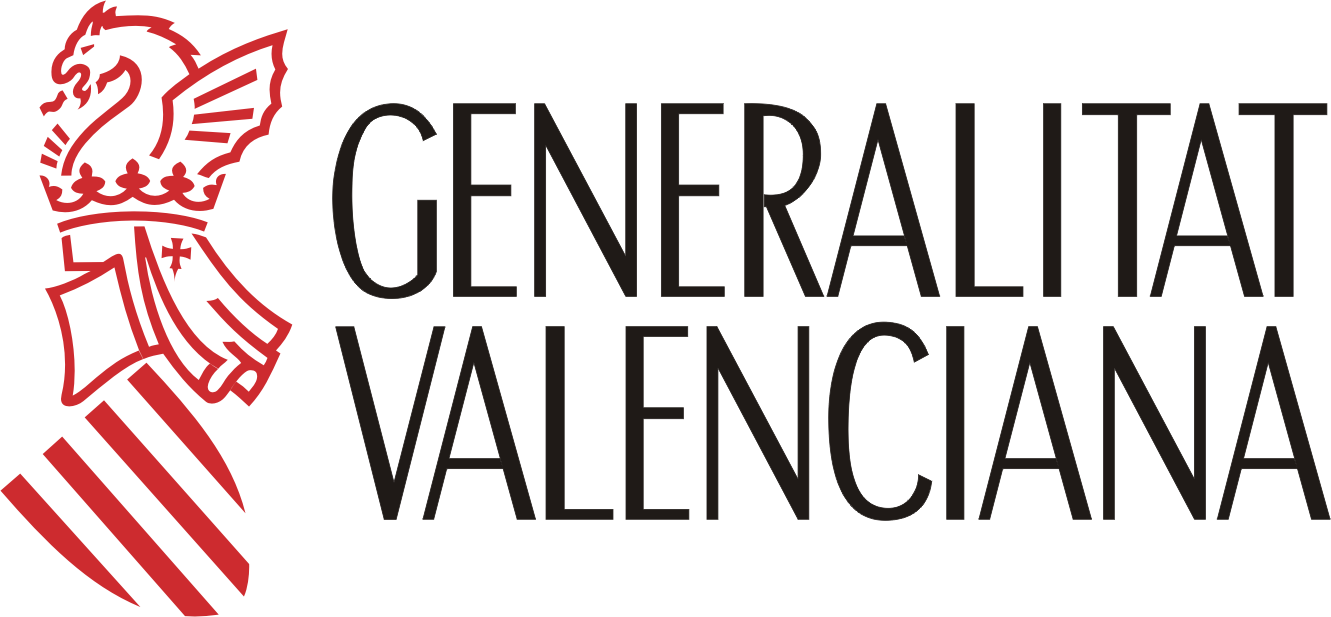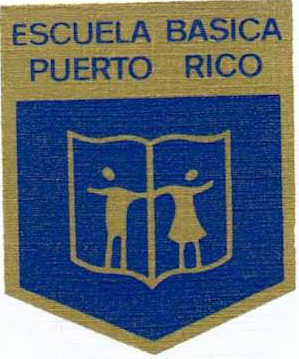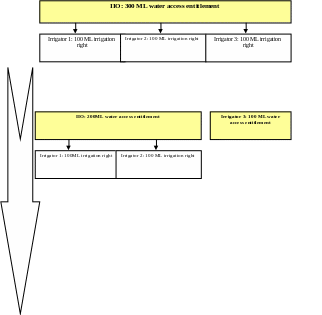PROFESSIONALLY COMPETENT AND CONFIDENT BELOW IS THE EXERCISE WHICH
PROFESSIONALLY COMPETENT AND CONFIDENT BELOW IS THE EXERCISE WHICHVERNA HEWITT (GRAD DIP ED MA) PROFESSIONALLY LICENSED KINDERMUSIK
Key Capabilities in Child Care and Protection - Professionally Competent and Confident
PROFESSIONALLY COMPETENT AND CONFIDENT
Below is the exercise which was used for discussion on professionally competent and confidant in the workshops:
This is identified as a Key Capability which could be met within both a practice learning opportunity and university:
Level 10
Students should be able to demonstrate to practice teachers and HEI’s that they are clear about their professional role and responsibilities and when they need to share information with other professionals to protect a child.
(Page 34)
In your group consider:
How might you embed this KC?
What might be the challenges and how can they be overcome?
What do you want the outcomes to be for the service user?
How might the student be assessed?
STIRLING:
Embedding:
Practice teacher/link worker may need to draw on existing links with other teams. Give student opportunity to participate in duty services and reception.
Challenges:
Practice teacher/link supervisor own knowledge base in child development. Sometimes links arise naturally but they can be difficult to plan. Care needs to be taken re confidentiality.
Service user outcomes:
Service user rights - there are limitations to sharing information – link this to Children’s Charter – “Think carefully about how you use information about us.”
Assessment:
Use of supervision, observation of student, learning logs, case notes, student’s contribution to discussion groups, practice discussion using case scenarios. How does the student manage the process and their anxieties?
DUNDEE:
Embedding:
HEI’s can use practice studies, locate student in complimentary agencies i.e. health centres etc. Use of integration days
Challenges:
Need to avoid “bolt ons” i.e. integration as a key part. Getting other agencies “on board.” Wider political and resources climate.
Service user outcomes:
One stop shop with lead agency. Service user and carers have confidence in student knowing what they are doing.
Assessment:
Knowledge of roles and responsibilities. Quality of presentation. Observe student in other forums.
GLASGOW:
Embedding:
Within HEI’s – use case studies. In HEI and PLO look at legislation, guidance and codes of practice. Good induction on PLO’s.
Challenges:
Level 10 for post graduate students – steep learning curve. Consider issues of recruitment/selection. Awareness of Key Capabilities – need discussion within training teams, improved communication from HEI’s, training for practice teachers on Key Capabilities.
Challenge for practice teachers if students are at different levels. Practice teachers need to be clear of the criteria at each level. E-learning used as a tool.
Service user outcomes:
Improved knowledge, raised awareness of holistic assessment. Improved practice, protecting children. Services user informed about the SW role and duty and that of other professionals.
Assessment:
Needs to be linked to learning outcomes in portfolio. Usual assessment tools.
ABERDEEN:
Embedding:
Opportunities for inter professional practice should be available in any practice setting. At university module content: community care, child care and protection, criminal justice, substance problems etc and involvement of stakeholders in teaching delivery. Context setting by practice teachers in practice learning.
Challenges:
Practice setting: some lend themselves more easily than others. Students confidence in understanding/finding role. Students ability to handle conflict, assert self. Link workers and practice teachers need to find balance between support/student autonomy. Can learning be transferable? E.g. adult experience in community care has validity for child care.
Service user outcomes:
Maintain centrality, individuality, and uniqueness. Empowered to manage own affairs. Gets best available service from all professions.
Assessment:
Reflective written material. Existing assessment tools e.g. reflective self assessment, feedback from other professionals. Existing assessments in HEI incorporate inter professional principles in several modules.
EDINBURGH:
Embedding:
Student needs to conduct a holistic assessment and this could now have a child care focus. Most child care PLO’s will present an opportunity to conduct a parenting assessment – where this is not possible, the experience will have to be sourced from another agency. There will be challenges here, including the process of disclosure, but one solution is to set up that work early in the placement.
Challenges:
Discussion about how we defined a child for the purposes of assessing Key Capabilities. This led on to a discussion about vulnerable adults – we expect to have Key Capabilities for that group in due course. Discussion about the need to be clear about the expectations of the document.
Service user outcomes:
Ethical practice is vital – not using service users to meet the needs of students. Service users must not be negatively affected by this process. The service which is provided must be appropriate to the needs of the service user. Qualified SW’s would be better equipped
Assessment:
Students could complete a work summary about a child care setting where they demonstrated meeting the Key Capabilities. One HEI explained they had introduced an extra piece of assessed work as part of the students practice portfolio to demonstrate meeting Key Capabilities. Use SCOPT and KC website to help students and practice teachers to demonstrate knowledge and understanding.
Tags: below is, confident, exercise, below, which, competent, professionally
- REPUBLICA DE COLOMBIA RAMA JUDICIAL DEL PODER PÚBLICO
- PLEASE USE THIS TO RECORD WHAT HAS BEEN TRIED
- ĆWICZENIA SŁUCHU FONEMATYCZNEGO SŁUCH FONEMATYCZNY TO ZDOLNOŚĆ ROZRÓŻNIANIA FONEMÓW
- STUDIU DE FEZABILITATE LUCRĂRI DE REAMENAJARE ȘI RESISTEMATIZARE INTEGRATĂ
- 2 004 İSTANBUL YAŞ GRUPLARI SATRANÇ BİRİNCİLİĞİ GSİM İSTANBUL
- PUMUO FICHA DE ACTIVIDAD DOCENTE DE ASIGNATURAS Y TALLERES
- 30 AÑOS DE CEPA CONCURSO INTERNACIONAL DE ENSAYOS CATEGORÍA
- 参考文献 参考文献 1 吴大(酋) 相对论,科学出版社,1983。 2 李国栋、宋德生电磁学发展史,广西人民出版社,1986年。 3 M∙H∙SHAMOS
- AKTUALIZACJA DOKUMENTÓW ICAO 01 SIERPNIA 2012 R 1 DOC
- OPIS KAKOVOSTI IZDELKA (STANDARD CEN287) OBJEKTNA BAZA GRAJENI OBJEKTI
- ASIGNATURA ELECTRÓNICA GENERAL CURSO PRIMERO ET TRABAJO EN CLASE
- MINISTERIO DE SALUD CONSEJO NACIONAL DE SEGURIDAD SOCIAL EN
- ANTSTOLIŲ ALEKSANDRO SELEZNIOVO IR SANTOS SELEZNIOVIENĖS KONTORA S DAUKANTO
- EDITORIAL CONVENTIONS § 1 PUNCTUATION § 11 USE ENDASHES
- INTRODUCTION TO NEURODEVELOPMENTAL AND RELATED DISABILITIES COURSE COORDINATOR EMILY
- 12 ПРОЯВИ НА ДЕФЕКТИВНОСТ В СФЕРАТА НА КАТЕГОРИЯТА РОД
- SZCZEGÓŁOWE INFORMACJE O PRZETWARZANIU DANYCH W WYDZIALE PODATKOWYM URZĘDU
- SUMMARY OF FINDINGS OF IMPACT ASSESSMENT OF ERGONOMICALLY DESIGNED
- TÍTULO DE LA SECUENCIA VAMOS A LA MODA ÁMBITO
- RADICAL CHRISTIANITY IN THE HOLY LAND A COMPARATIVE STUDY
- Budget Summary d Epartment of Public Utility Control Agency
- REGULAMIN KONKURSU NA ROZWIĄZANIE KRZYŻÓWKI I POSTANOWIENIA OGÓLNE §
- SAFEGUARDING ADULTS PRACTICE GUIDANCE PREVENTATIVE STRATEGIES THE PRACTICE GUIDANCE
- AMENDED & RESTATED ARTICLES OF INCORPORATION OF GOOSE CREEK
- CONVOCATORIA DE SUBVENCIONES DE LA DXCE PARA ACTIVIDADES FORMATIVAS
- COMENTARIO DE UN POEMA DE LA DESTRUCCIÓN O EL
- CERCA DE 500 ESTUDIANTES PARTICIPAN EN EL X CAMPEONATO
- SUCESOS DETENIDO UN VECINO DE AZKOITIA POR EL ROBO
- REFERENCE WLI100 8 FEBRUARY 2007 MARRAKESH AGREEMENT ESTABLISHING THE
- AKSARAY ÜNİVERSİTESİ ÖĞRETİM ÜYESİ BİLGİ FORMU 1 KİŞİSEL BİLGİLER
 PROGRAMAZIO DIDAKTIKOA – ERLIJIO KATOLIKOA – LMH BIGARREN ZIKLOA
PROGRAMAZIO DIDAKTIKOA – ERLIJIO KATOLIKOA – LMH BIGARREN ZIKLOA ADMISSIONS POLICY LONGLEY PARK SIXTH FORM
ADMISSIONS POLICY LONGLEY PARK SIXTH FORM  L ES NUANCES EN MUSIQUE TERME EN ITALIEN ABRÉVIATION
L ES NUANCES EN MUSIQUE TERME EN ITALIEN ABRÉVIATION EL CONSELL ESTABLECE UNA NUEVA SEÑALIZACIÓN PARA LAS ZONAS
EL CONSELL ESTABLECE UNA NUEVA SEÑALIZACIÓN PARA LAS ZONAS EL AYUNTAMIENTO RECONOCE A RAFAEL GÓMEZ LOS 25 AÑOS
EL AYUNTAMIENTO RECONOCE A RAFAEL GÓMEZ LOS 25 AÑOS POWERPLUSWATERMARKOBJECT3 PRACTICAS DE WINDOWS PROFESOR MSC LUIS DIEGO SANCHO
POWERPLUSWATERMARKOBJECT3 PRACTICAS DE WINDOWS PROFESOR MSC LUIS DIEGO SANCHO REAL CLUB MARÍTIMO DE SANTANDER FORMULARIO DE INSCRIPCIÓN CLASE
REAL CLUB MARÍTIMO DE SANTANDER FORMULARIO DE INSCRIPCIÓN CLASE NOM AUTEUR BESSAZ PAGE 2 SUR 14 TITRE
NOM AUTEUR BESSAZ PAGE 2 SUR 14 TITREJEFATURA DE ESTUDIOS CEPA OVIEDO HORARIO DEL GRUPO FB
37 INFORMATION SCIENCE AND ITS CORE CONCEPTS LEVELS OF
 İHYA İLİM HİZMET VE YARDIMLAŞMA VAKFI YURT MUTABAKAT METNİ
İHYA İLİM HİZMET VE YARDIMLAŞMA VAKFI YURT MUTABAKAT METNİB9 OPERATING CONDITIONS – WEATHER THE ISSUE OF WEATHER
NA ZÁKLADĚ § 6 ODST 3 ZÁKONA Č 2622011
KATSAYILAR (01072008 31122008) MAAŞ KATSAYISI 0051448 TABAN AYLIK KATSAYISI
 UNIVERSIDAD DE ALMERÍA PROYECTO FIN DE CARRERA INGENIERO AGRÓNOMO
UNIVERSIDAD DE ALMERÍA PROYECTO FIN DE CARRERA INGENIERO AGRÓNOMO APPLICATION TEMPLATE CONTACTS MANAGEMENT MICROSOFT® WINDOWS® SHAREPOINT® SERVICES
APPLICATION TEMPLATE CONTACTS MANAGEMENT MICROSOFT® WINDOWS® SHAREPOINT® SERVICES IES CADERNO Nº 5 NOME DATA
IES CADERNO Nº 5 NOME DATA  THE BRAIN GAME ADOPTED FROM ROD PLOTNIK DIRECTIONS READ
THE BRAIN GAME ADOPTED FROM ROD PLOTNIK DIRECTIONS READ CENTRO DE ALUMNOS ESCUELA PUERTO RICO CARGO PRESIDENTA NOMBRE
CENTRO DE ALUMNOS ESCUELA PUERTO RICO CARGO PRESIDENTA NOMBRE WATER REFORM – CREATING WATER MARKETS THE ROLE OF
WATER REFORM – CREATING WATER MARKETS THE ROLE OF